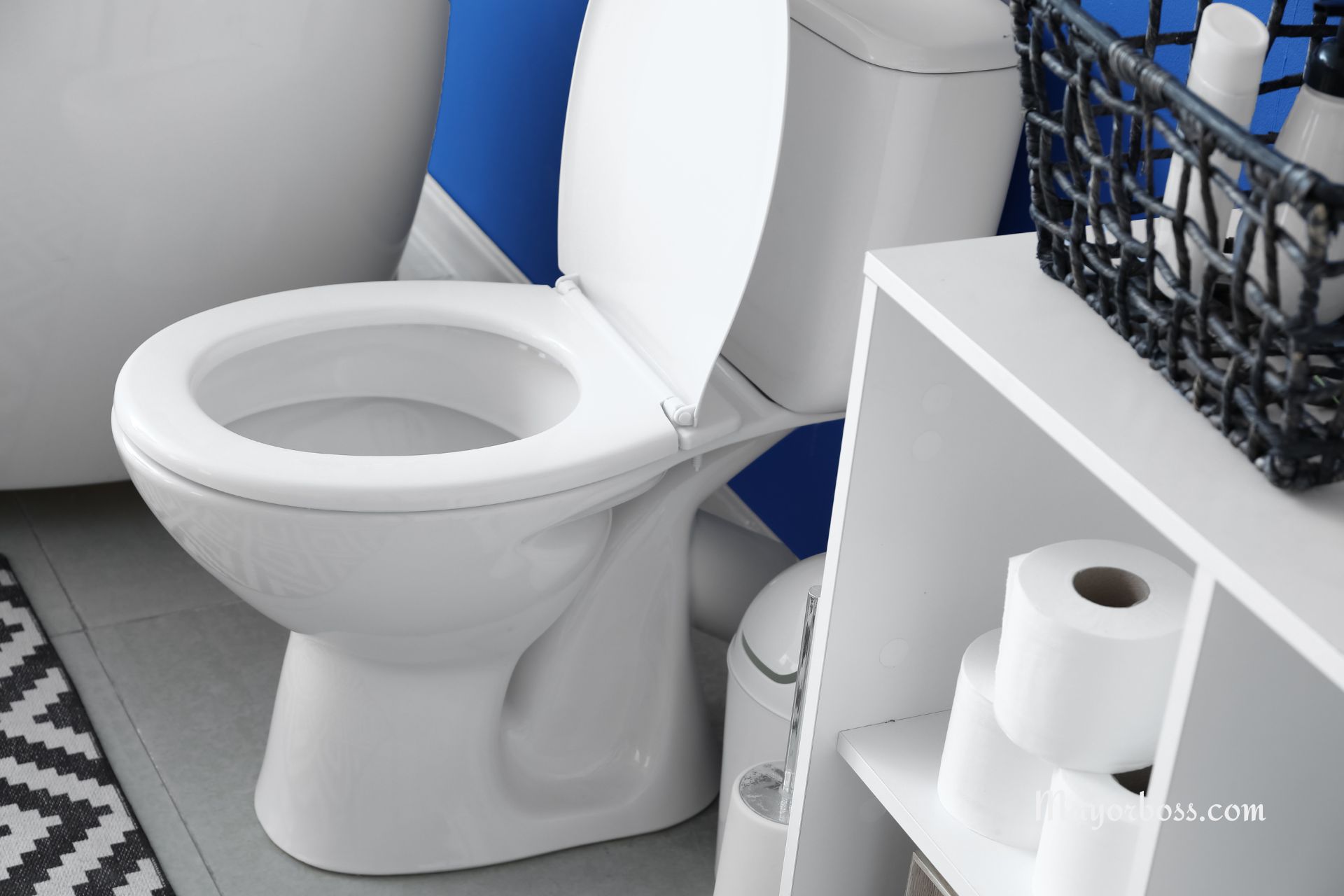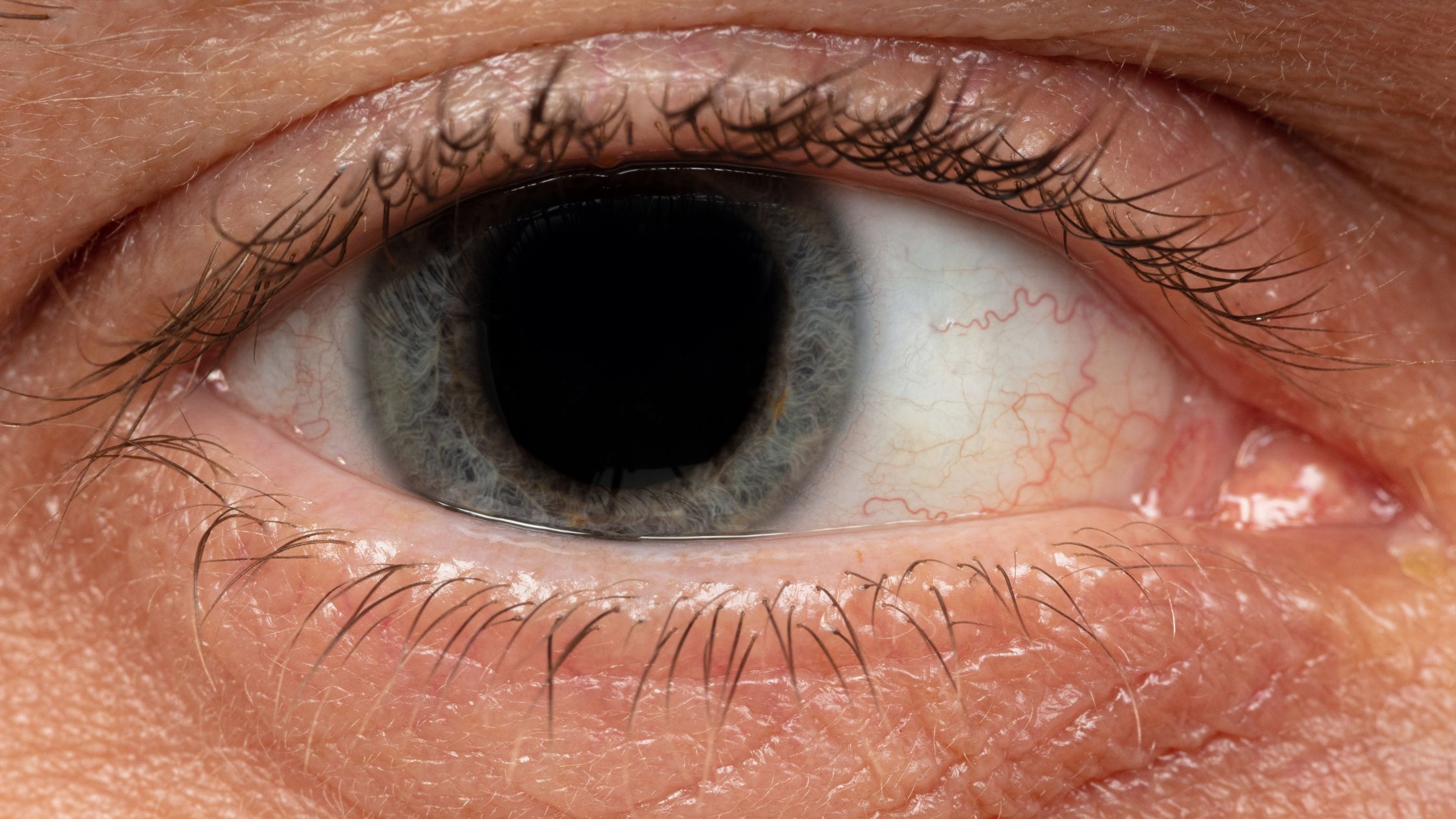Here’s Why You Sometimes Poop Right After Eating
When you eat, your body starts digesting food right away. This process triggers something called the gastrocolic reflex, which tells your colon to get moving. According to NCBI Bookshelf, this is normal and helps your body make room for more food. Some people may feel a stronger reaction, which makes them need to use the bathroom right after eating.
Different things can affect how strong this reflex is, such as the size and type of your meal. Eating a big, fatty meal can make your colon move faster, while smaller meals with more fiber may slow things down. Drinking enough water and staying active can also help keep digestion regular.

Certain foods can make digestion faster
Some foods make your stomach work harder and move things along faster. Spicy foods, greasy meals, and caffeine can all speed up digestion. These foods can make your intestines work faster, which may cause you to poop soon after eating.
Other foods like artificial sweeteners, dairy products, and foods high in fiber can also have this effect. If you have trouble digesting dairy, drinking milk or eating cheese might make you need the bathroom quickly. Fiber-rich foods like whole grains and vegetables can also speed things up.
Health conditions that might cause quick bowel movements
If you often need to poop right after eating, there might be a medical reason for it. Some possible causes include:
- Irritable bowel syndrome (IBS): This condition can make your stomach extra sensitive to food.
- Food intolerances: According to the National Institutes of Health, problems with foods like dairy or gluten can cause diarrhea and stomach pain.
- Inflammatory bowel disease (IBD): Conditions like Crohn’s disease or colitis can make digestion happen too quickly.
- Stomach infections: These can be caused by bacteria or viruses and may speed up digestion.
Other factors like medications, hormone changes, or celiac disease can also cause changes in how fast food moves through your system. People with thyroid problems may notice they have to go to the bathroom more often after meals.
Stress and anxiety can affect digestion
Feeling stressed or anxious can make your stomach work differently. Healthline explains that stress hormones can speed up digestion, making you need to use the bathroom quickly. Some people experience this more when they are nervous or worried.
Since the brain and stomach are connected, emotions can play a big role in digestion. Relaxing activities like deep breathing, exercise, and getting enough sleep can help keep your stomach working normally.
How daily habits can change digestion
Your lifestyle choices can affect how fast food moves through your system. Some important things to think about include:
- Drinking enough water: Staying hydrated helps digestion run smoothly.
- Exercise: Moving around helps keep food moving through your gut.
- Eating habits: Eating smaller meals more often can help prevent stomach issues.
Getting enough sleep and eating meals at regular times can also help. Poor sleep can slow down digestion, while smaller, balanced meals can keep things running smoothly.
When should you see a doctor?
Pooping after eating is usually normal. But if it happens a lot and comes with other symptoms like stomach pain, bloating, or diarrhea, you should see a doctor. If your bathroom habits change suddenly, it might mean there’s a problem with your digestive system.
You should definitely talk to a doctor if you see blood in your poop, lose weight without trying, or feel tired all the time. These could be signs of serious health conditions that need medical attention.
Summary
Pooping right after eating is usually caused by the body’s gastrocolic reflex. However, some foods, stress, and medical conditions can make it happen more often. If you’re worried about how often you’re going to the bathroom, it’s a good idea to talk to a doctor.
Eating a healthy diet, staying active, and managing stress can help digestion stay on track. If certain foods seem to trigger symptoms, keeping track of what you eat might help you find out what works best for you.






